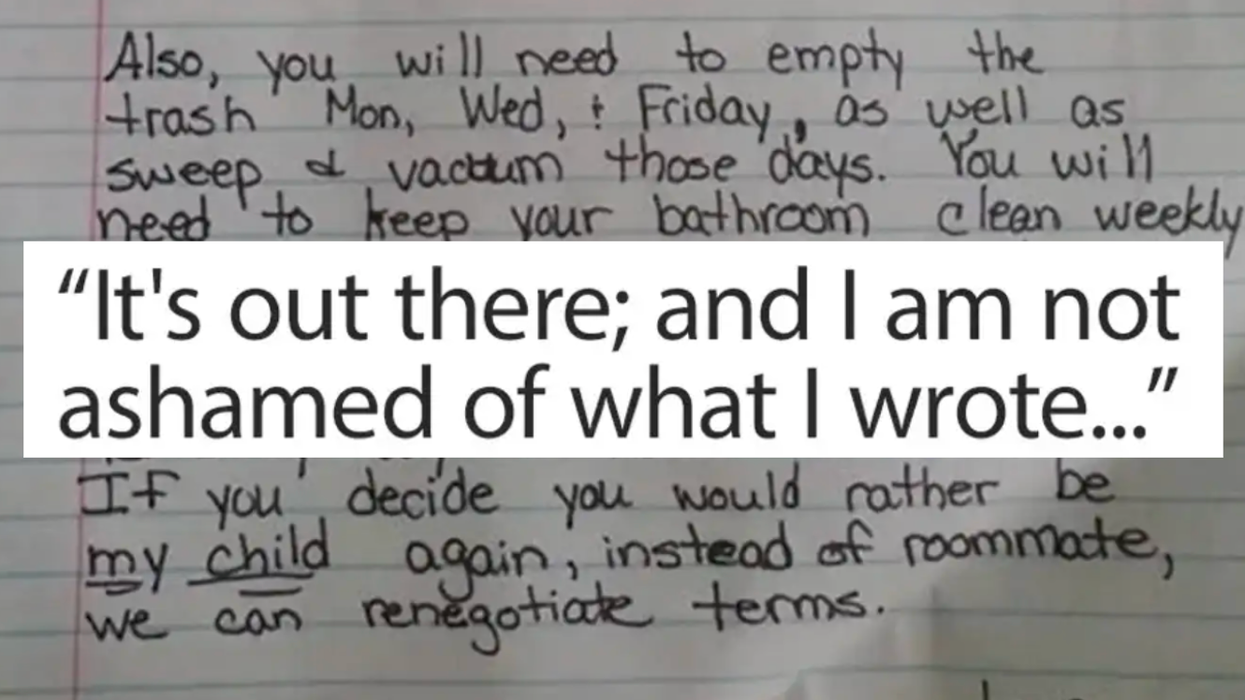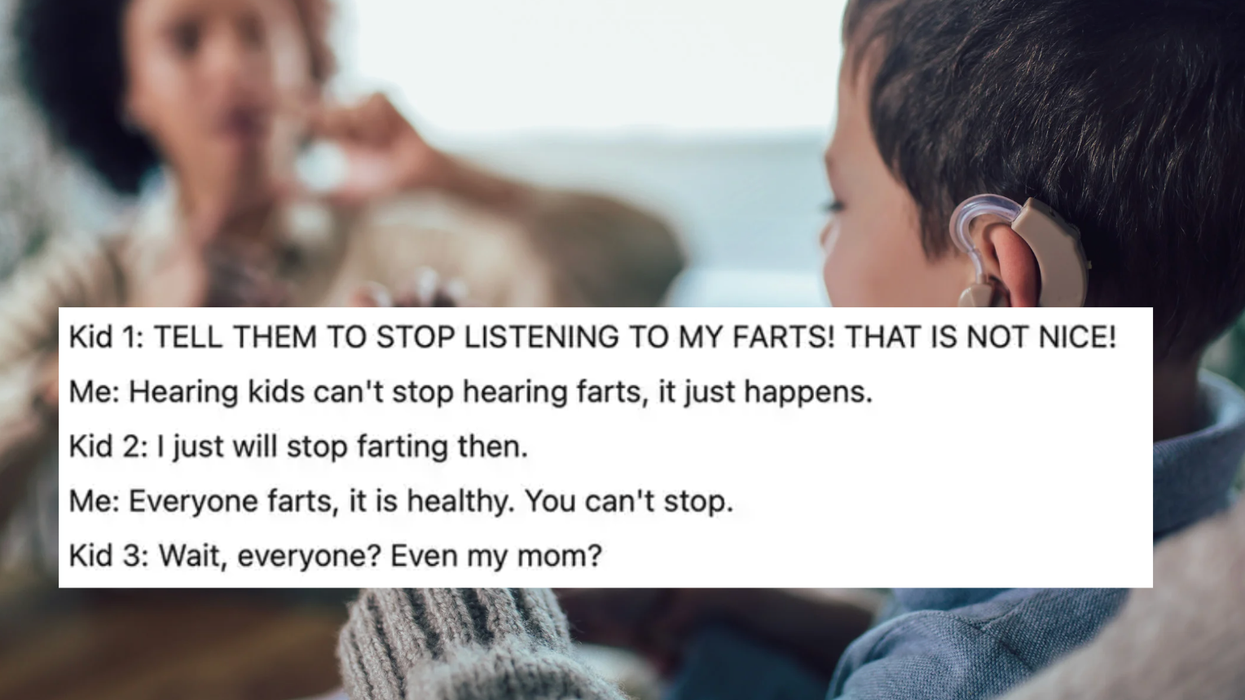Remember the time when being “squeaky” clean was the benchmark for personal hygiene? But over the past decade, Americans have gone from wanting to be clean to 100-percent germ-free. In fact, today over 40 percent of the liquid and bar soaps on the market boast antibacterial properties. But after a recent decision released by the Food and Drug Administration, there’s going to be a huge change in the soap industry.
Last Friday, the FDA released a landmark decision saying, “We have no scientific evidence that [antibacterial soaps] are any better than plain soap and water.” In addition, the FDA went a step further saying they’re dangerous as well. “[Antibacterial soaps] could pose health risks, such as bacterial resistance or hormonal effects.” So as of September 6, 2017, 19 chemicals used in antibacterial soaps will no longer be found in over-the-counter hand washes and bar soaps. Studies show that one such banned chemical, triclosan, has been found in freshwater streams, dolphin’s blood, and even human milk.
“I think the question was: Who needs them?” Dr. William Schaffner from the Vanderbilt School of Medicine told ABC News. “If you can’t show a distinct advantage of these products over conventional soap and water why should we be putting an unnatural chemical in large amounts into the environment?” Starting next year, Americans will have to scrub up with good ol’ fashioned soap and water, but the ban will not affect antibacterial products used in hospitals or over-the-counter hand sanitizers which are predominantly alcohol based.

















 Otis knew before they did.
Otis knew before they did.